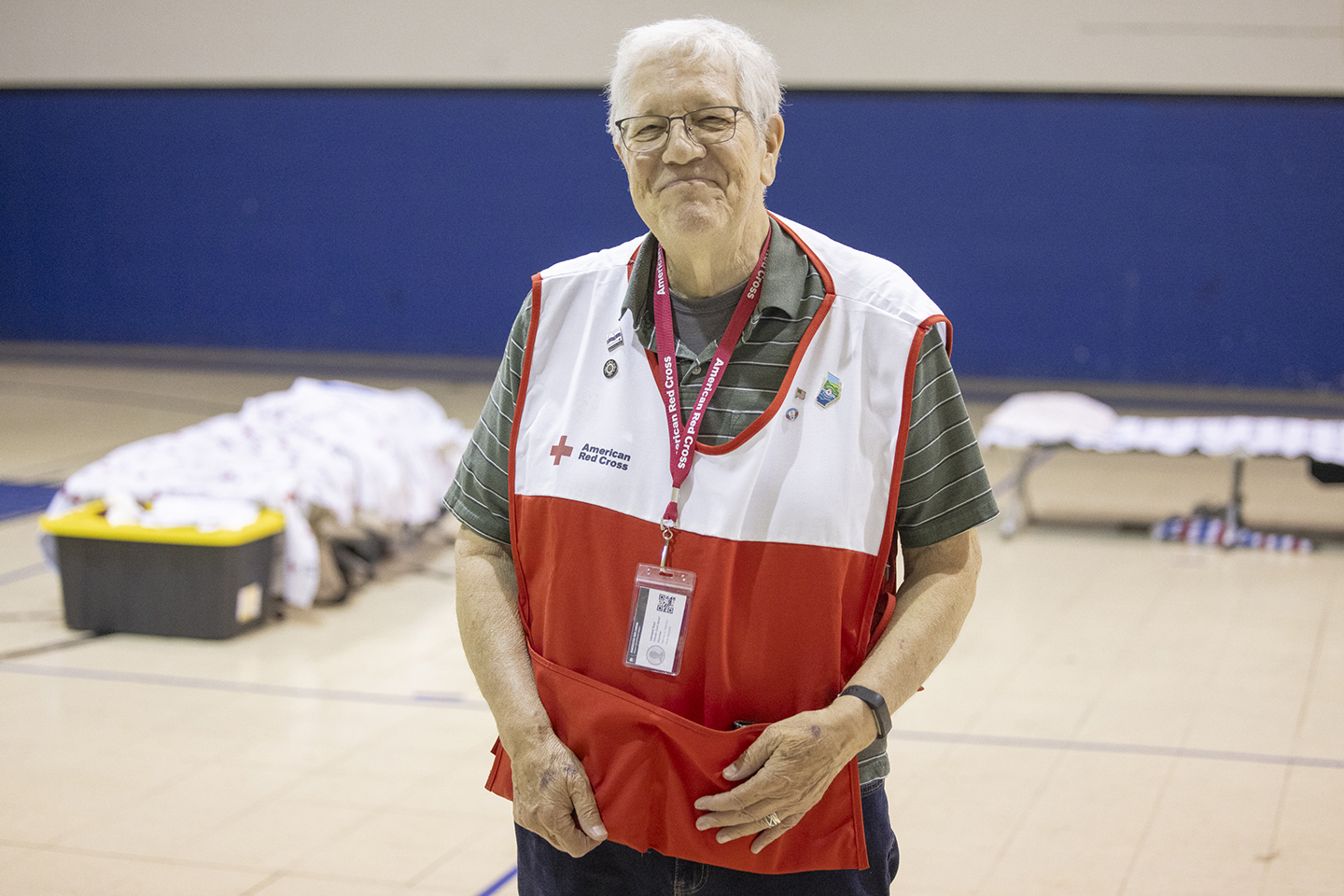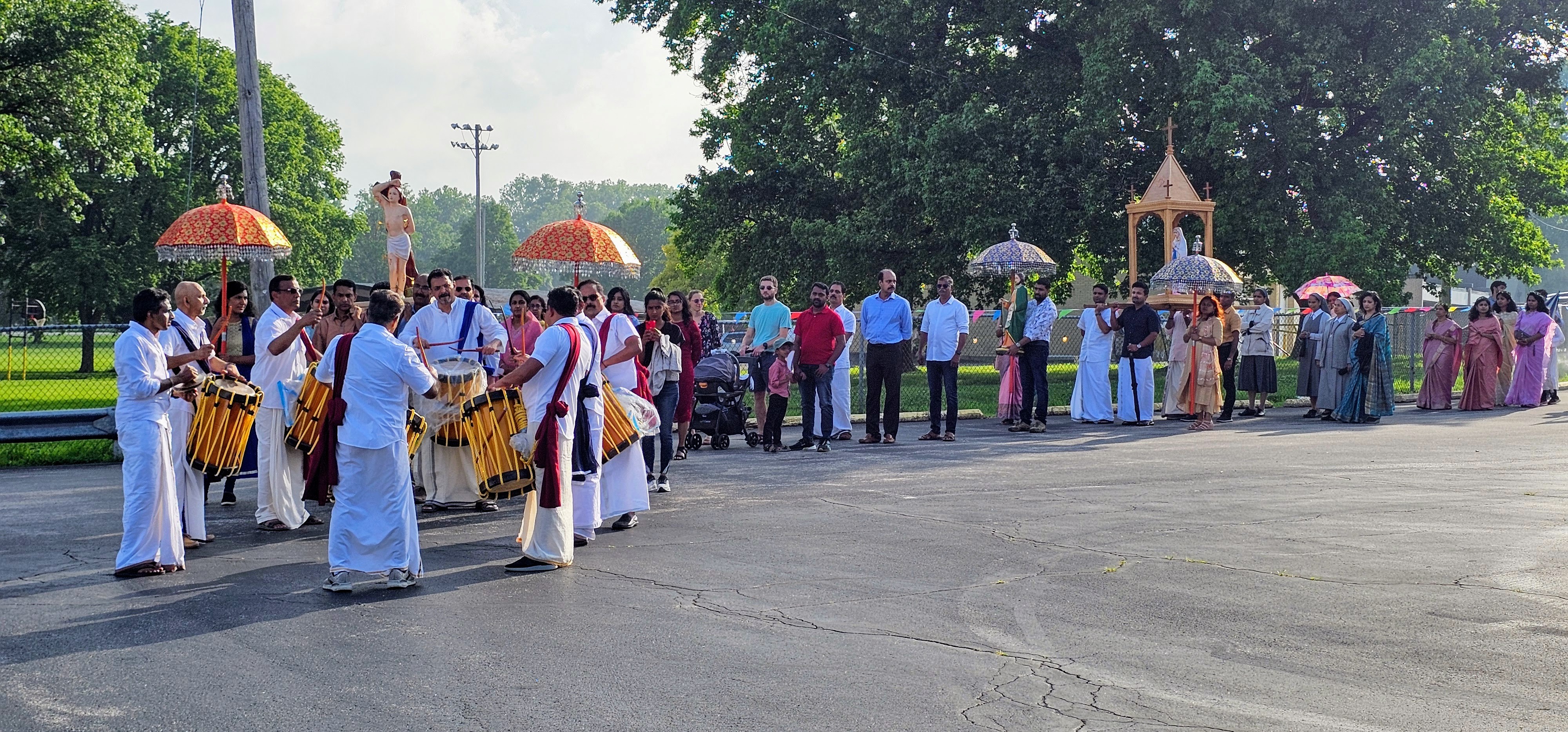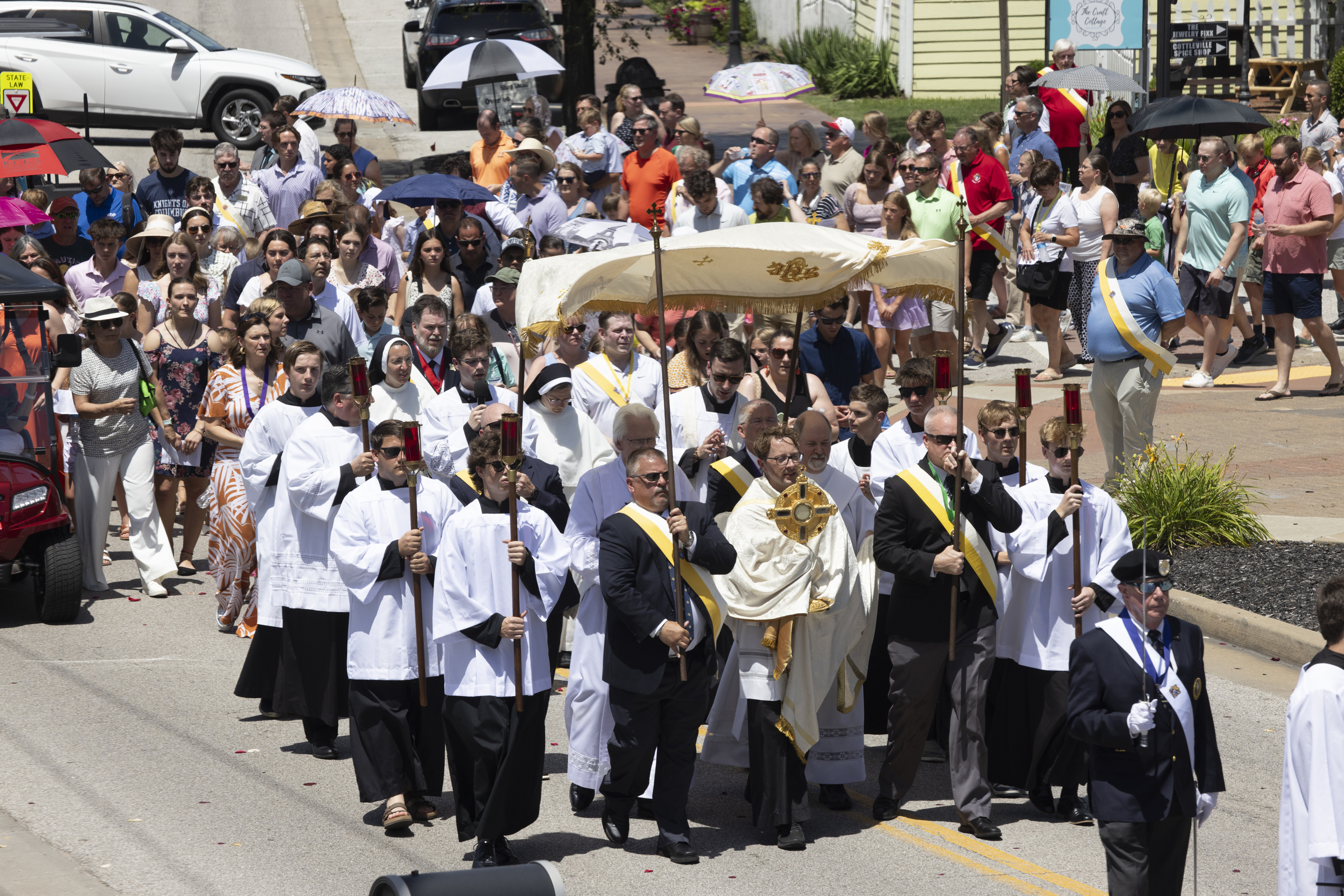City Board of Aldermen one step closer to passing buffer zone bill
After a hotly contested debate, the St. Louis Board of Aldermen moved forward on a bill that would create a buffer zone around health care facilities, including Planned Parenthood.
The full board on Feb. 23 voted 15-13 to perfect Board Bill 34, which would create a fixed, eight-foot buffer zone around a health care facility’s driveway entrance, or within a public right-of-way or sidewalk. The bill also says that no one may “knowingly enter, remain on, or create an obstruction” in those areas.
The board is expected to have a final vote on March 2.
While the bill only refers to health care facilities and doesn’t specifically mention Planned Parenthood, the debate on it solely focused on the abortion provider.
Alderwoman Christine Ingrassia (D-6th Ward), who sponsored the bill, called the measure “a really important bill for public safety,” adding that the bill strikes a balance between allowing people to maintain their First Amendment rights and ensuring that patients have access to health care facilities.
“If there were not problems at Planned Parenthood, I would not be here today,” she said.
Several aldermen spoke against the bill, saying that it is a violation of First Amendment rights, and that it would open a Pandora’s Box that would further inhibit free speech.
Alderwoman Carol Howard (D-14th Ward) noted that she has been approached in public by people asking for money at highway exits and at grocery stores to sign petitions. Annoying as it is, it is unreasonable to expect that people cannot be approached in public, she noted.
“This is a slippery slope … we’re looking toward inhibiting the right of free speech for all people,” she said. “I don’t think this is something we want to take up on an isolated basis. Once we start poking that bear, we’re going to look at a lot coming back at us.”
Alderwoman Sharon Tyus (D-1st Ward), who also voted against the bill, said that while she supports a right to abortion, Board Bill 34 would set limitations on what protesters can do. The purpose of protesting, Tyus said, “is about making you uncomfortable.”
Alderman Shane Cohn (D-25th Ward), who co-sponsored bill and is a Planned Parenthood board member, noted that many laws already restrict access to abortion, including Missouri’s 72-hour waiting period. “There are many restrictions in place already, and women don’t need any other barriers.”
The proposed ordinance would not apply to people who are entering or leaving a health care facility, law enforcement or other first responders and people using the sidewalk or right of way to pass through. Health care facilities would clearly mark the zone.
Coalition for Life St. Louis, a pro-life organization that has sidewalk counselors at the driveway offering information on alternatives to abortion, plans to fight the bill should it pass, said executive director Brian Westbrook. He encouraged city residents and business owners to contact their aldermen to urge a “no” vote at the board meeting on March 2.
If the bill becomes an ordinance, Westbrook stressed that “we are peaceful, prayerful and law-abiding citizens. There are other venues and platforms to fight this.”
“We have been even more successful with saving lives in the driveway or public property than we have had before,” Westbrook said. With the introduction of the 40 Days for Life prayer campaign, this is “not only something a fringe group does. It’s thousands of people who are supporting this. That’s what we’re doing out there.”
Similar buffer zone ordinances exist in Chicago and Pittsburgh. In 2000, the U.S. Supreme Court upheld a Colorado law with a 100-foot buffer zone, and within it, an eight-foot floating buffer zone, meaning it applies to the zone around an individual. The Supreme Court in 2014 rejected a Massachusetts law that had a 35-foot fixed buffer zone.
A statement from Planned Parenthood of the St. Louis Region and Southwest Missouri noted that it is “encouraged by the Board of Aldermen passing Board Bill 34, which will improve safety of patients, staff, volunteers and protestors at St. Louis health care facilities, including ours. We are supportive of first amendment rights, and we believe this protects those rights, while also allowing those entering and exiting our center a safe path to do so.”
Watch the debate
To watch a recording of the Feb. 23 Board of Aldermen meeting, visitstltv.net/saint-louis-television/board-of-aldermen/.
After a hotly contested debate, the St. Louis Board of Aldermen moved forward on a bill that would create a buffer zone around health care facilities, including Planned Parenthood. The … City Board of Aldermen one step closer to passing buffer zone bill
Subscribe to Read All St. Louis Review Stories
All readers receive 5 stories to read free per month. After that, readers will need to be logged in.
If you are currently receive the St. Louis Review at your home or office, please send your name and address (and subscriber id if you know it) to subscriptions@stlouisreview.com to get your login information.
If you are not currently a subscriber to the St. Louis Review, please contact subscriptions@stlouisreview.com for information on how to subscribe.







